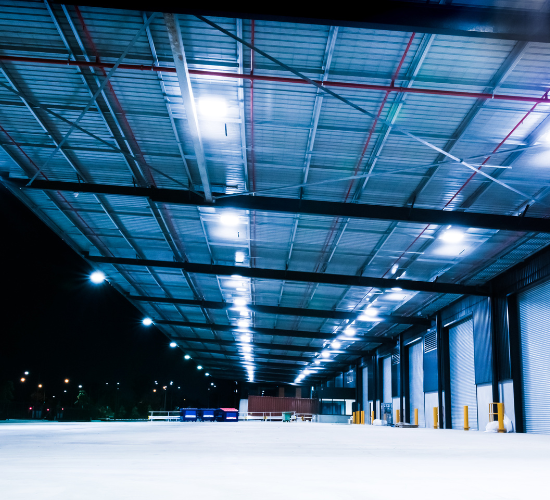The decision to lease industrial space is a strategic move that can significantly impact a business’s operations, growth prospects, and bottom line. Industrial space serves as the backbone for various industries, providing a dedicated environment for manufacturing, warehousing, distribution, and other essential functions. In this article, we will explore the manifold benefits that leasing industrial space offers to businesses of all sizes and sectors.
Versatility and Customization
One of the primary advantages of leasing industrial space is the versatility it provides. Industrial properties come in various shapes and sizes, allowing businesses to find the perfect space that aligns with their specific needs. Whether it’s a manufacturing facility, warehouse, distribution center, or research and development space, industrial properties can be customized to suit the unique requirements of each business.
Cost-Effective Expansion
Leasing industrial space allows businesses to expand their operations without the substantial upfront costs associated with purchasing real estate. This flexibility is particularly valuable for growing companies that need to scale up their production, warehousing, or logistics capabilities. It also enables businesses to adapt to changing market conditions and seize growth opportunities as they arise.
Focus on Core Competencies
By leasing industrial space, businesses can concentrate on their core competencies and operations while leaving property management responsibilities to landlords or property management firms. This arrangement saves time, effort, and resources that would otherwise be spent on property maintenance, repairs, and infrastructure management.
Access to Prime Locations
Industrial properties are often strategically located near transportation hubs, major highways, ports, and key suppliers. Leasing industrial space in such prime locations can enhance a business’s supply chain efficiency, reduce transportation costs, and provide easy access to markets, customers, and suppliers.
Scalability and Flexibility
Lease agreements for industrial spaces can be structured to accommodate a business’s changing needs. Whether a short-term lease for seasonal fluctuations or a long-term lease for stability, businesses have the flexibility to adapt their space requirements as circumstances evolve.
Reduced Financial Risk
Leasing industrial space eliminates the financial risk associated with property ownership, such as property depreciation, property taxes, and the need for substantial capital investments in real estate. It allows businesses to allocate their capital and resources toward operational improvements and strategic initiatives.
Focus on Growth
By leasing industrial space, businesses can allocate their capital more efficiently and invest in growth areas of their operations. The savings from leasing can be reinvested in research and development, technology upgrades, employee training, and marketing efforts to drive business growth.
Professional Management
Industrial properties are typically managed by professional property management companies that ensure the property’s maintenance, security, and compliance with local regulations. This relieves businesses of the burden of property management and allows them to focus on their core business activities.
Conclusion
Leasing industrial space offers businesses a range of benefits, including versatility, cost-effective expansion, access to prime locations, scalability, and reduced financial risk. It empowers businesses to focus on their core operations, achieve growth objectives, and adapt to changing market dynamics. Whether you are a startup looking for a small manufacturing space or a global corporation in need of a large distribution center, leasing industrial space provides the flexibility and resources to propel your business forward.









































